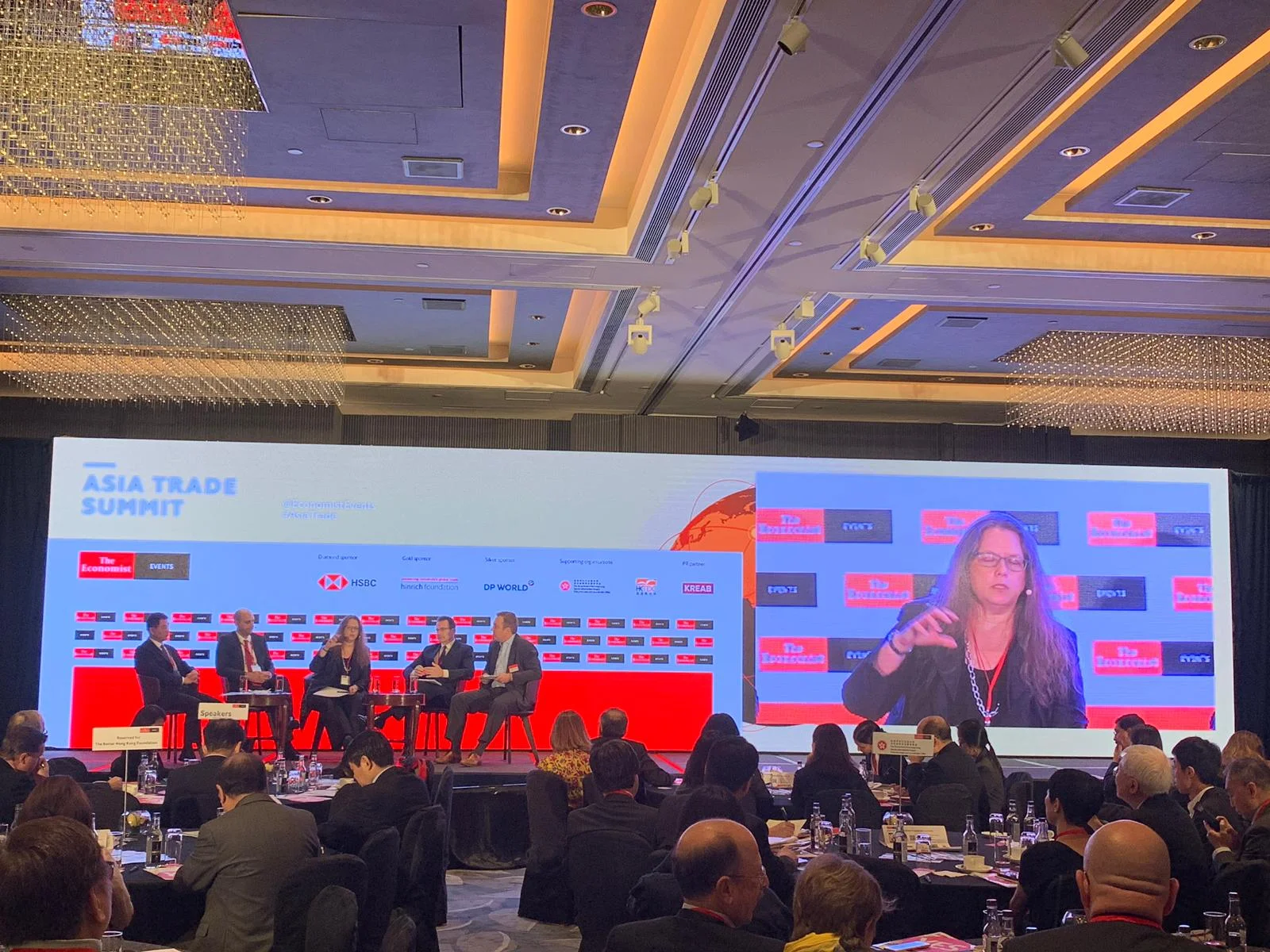Companies have forgotten how much the global trade regime matters to daily firm operations. If it did, in fact, collapse, the result would be a disaster. The global trade rules are like air. They have existed for so long that companies and consumers take them for granted. They don’t even notice them any longer. But, like air, if it suddenly went away, firms and consumers would discover to their great dismay that they actually like and need air (or the global trade system) very, very much. Why do firms need the WTO? Start with the obvious issues. Right now, 164 countries are constrained in what they can do with tariffs rates. Up until this past year, WTO members did not just randomly hike tariffs overnight. Keeping tariffs consistent has allowed firms and customers to have stability and reduce risk.
Global Trade System in Crisis: A Failure to Think of Treatment Options
But slow stagnation does not automatically mean crisis. The current state of calamity in trade comes from the new approaches taken by the largest players in the system. This is not a post to discuss the diagnosis of the problem. It is, instead, to discuss the difficulties in treating the patient. What has been especially striking over the past few weeks has been the inability of many trade policy experts to conceptualize treatment options that go beyond simple remedies. If, indeed, the patient is on life-support or headed for the ICU, it may be necessary to think of unusual options. Yet different forums that ought to be perfectly positioned to do so seem to be caught. Perhaps they do not want to acknowledge the severity of the illness, do not want to admit that the diagnosis goes beyond conventional treatments, do not want to handle the intervention of others in handling the patient treatment, or do not want to think about more depressing trade news.
The Paradigm Shift in Trade: Business is NOT as Usual Anymore
The new paradigm has not been established yet. Kuhn describes a protracted battle that takes place during times of shift as the crisis plays out over what ought to replace the discredited old model. Trump has fired the starting gun on the battle for the future of the global trading system. In his world, the US will draw up the gates and manage with only those favored few bilateral partners that share similar perspectives. The European Union just presented a plan to save the current WTO. But because they have not yet recognized the extent to which we are standing on the precipice of the shift, the plan has already been derided as weak. It tweaks around the edges of the existing system. Canada is holding a conference of “middle powers” next month to brainstorm new ideas. They will need to be bold. In designing a way forward, officials need to recognize that whatever comes in the future will—of necessity—be radically different that the system that we have been comfortable with for more than seven decades.



